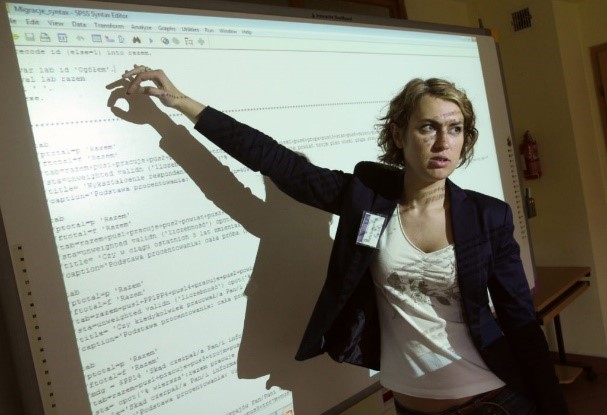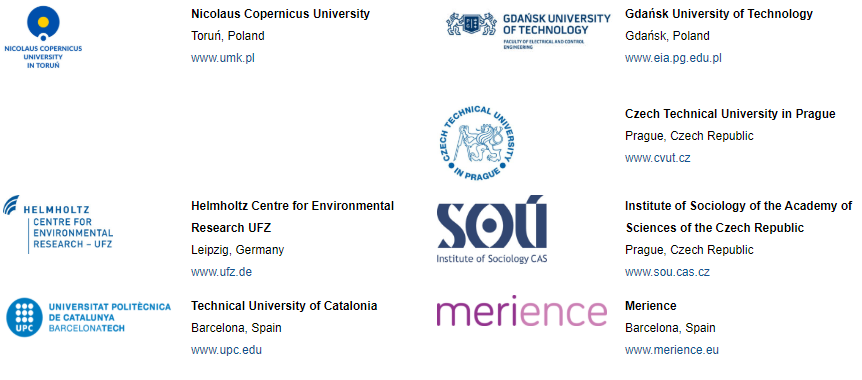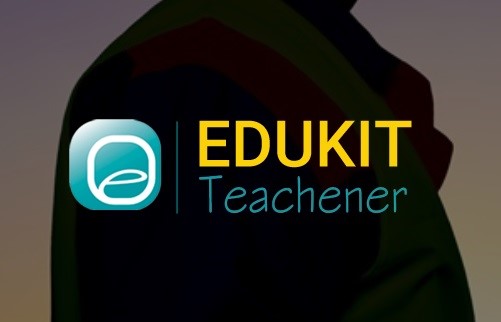TEACHENER
Integrating Social Sciences and Humanities into Teaching about Energy
Erasmus+ project (2016-2019)

Seldom do social and energy sciences go together in a cooperative manner. For many years the trend was to put energy engineering into practice and not look at it from any other point of view. This trend cannot continue. The modern society is much more open and with access to global information is more aware of the surrounding technologies and the process that come along with them. That is why an engineer must be more than just a technician playing with technology. An engineer has to be a person that will understand the society and what influences relate between energy sciences and social sciences. Without this understanding, the barriers will just rise more and more.
To remedy this situation, a new generation of engineers is required. Engineers that will be experts in energy related technologies but also have the knowledge on social aspects that correspond. That is why, it all should start at Universities of Technologies, during energy courses classes that have to changed.
Teaching about energy should be teaching in an interdisciplinary spirit in which technical aspects are presented together with socio-humanistic aspects.
Prof. Piotr Stankiewicz
Project Leader
The main goal of the TEACHENER project was to fill the gap between Social Sciences and Humanities (SSH) and energy teaching at universities in Europe and contribute to enhance the socio-technical perspective in the current education of energy engineers. The primary result was to be the EDUKIT – an interdisciplinary complete educational package that would provide all the necessities to energy teachers who would influence the future generation of energy engineers. To make it more available, the EDUKIT was from the beginning designed to be place on an internet platform that would secure easy and open access to any teacher. The assumption was, that the materials in the EDUKIT should be complete, with all the teacher would ever need, giving a tool that could be taken “as is” and be integrated into teaching programs at any University of Technology.


To achieve such an ambitious goal, seven universities from across the European Union came together under the leadership of the Nicolaus Copernicus University represented by Prof. Piotr Stankiewicz as the Project Leader.
Experts from both sciences represented:

The partners started with an overview of the existing relations between social sciences and humanities (SSH) and teaching about energy at the partner higher education institutions and also institutions beyond these in the partner countries. A survey was conducted in order to identify existing gaps in SSH in energy teaching as well as needs and expectations of students and teachers in energy related teaching programs at Master and PhD levels. National workshops were held with representatives from public administration, academia, businesses and research institutions in the four TEACHENER countries to discuss and defined the needs and expectations of businesses and public administrations regarding the education of technical energy studies graduates.


Once a diagnosis of the current SSH situation in energy teaching has been achieved, work on the EDUKIT could finally start. The SSH experts sat with the engineers and began work on a frame of reference that would develop into a mutual understanding. Both sides had to understand one another and find a common language that would bridge the gap between both sciences. The understanding was quite genius in its simplicity: the engineer must have SSH qualities to achieve understanding of each science. It was decided that this can be reached thru innovative, interdisciplinary curricula classes that will move away from classical technical teaching approaches. Thanks to the hard work of experts, thru multiple meetings and countless hours spent on consulting and working out the best courses of conduct, eight full syllabuses have been created. Based on them, each national project team created innovative, highly motivating classes that would become the core of the EDUKIT. To complete the package, an e-book has been created containing all the expert knowledge backed up by teaching methodology that became a fully-fledged teachers book for the EDUKIT materials. Based on “at home” university testing and with the feedback received at the Project Winter Schools, final tuning has been done and the work has been completed.
The Final Event was an international conference Social Sciences and Humanities at Universities of Technology held on the 27-28.06.2019. It marked the end of the TEACHENER Project and almost four years of hard work and struggle. It allowed to present the results of the project to a broad spectrum of recipients with representatives of academia, businesses, public administration and more. The debate and speaker sessions allowed the participants to glimpse at the problems that a modern engineer is faced with. These also allowed to prepare for day two workshops which presented the eight modules in greater detail.


The final result of the TEACHENER project is a collection of eight modules, didactic activities incorporated into the EDUKIT that include:
Prof. Piotr Stankiewicz
Institute of Sociology
Faculty of Philosophy and Social Sciences
Nicolaus Copernicus University
Fosa Staromiejska 1a
87-100 Toruń
Poland
e-mail: piotr.stankiewicz(at)umk.pl
Necessary cookies are absolutely essential for the website to function properly. This category only includes cookies that ensures basic functionalities and security features of the website. These cookies do not store any personal information.
Any cookies that may not be particularly necessary for the website to function and is used specifically to collect user personal data via analytics, ads, other embedded contents are termed as non-necessary cookies. It is mandatory to procure user consent prior to running these cookies on your website.